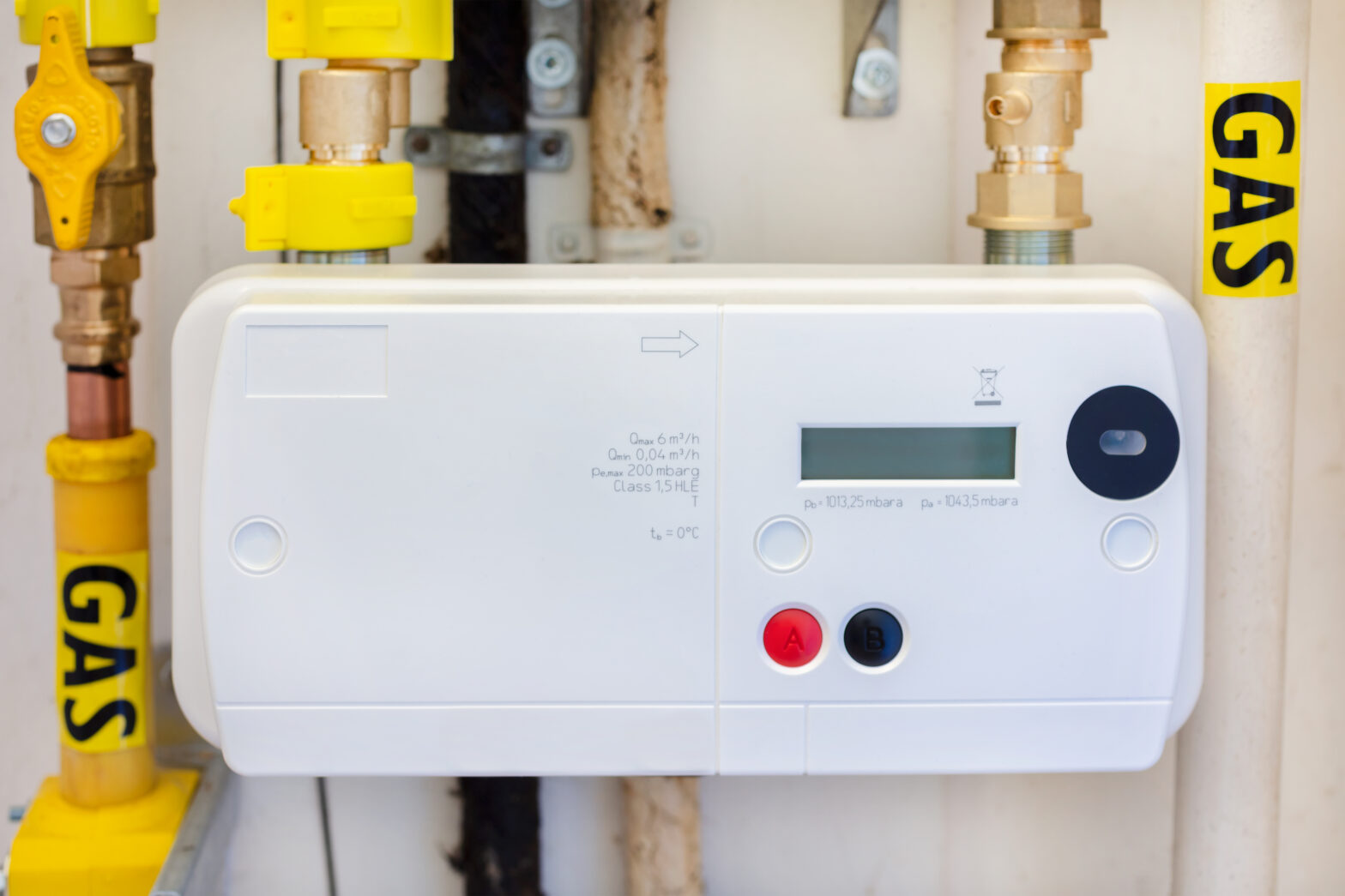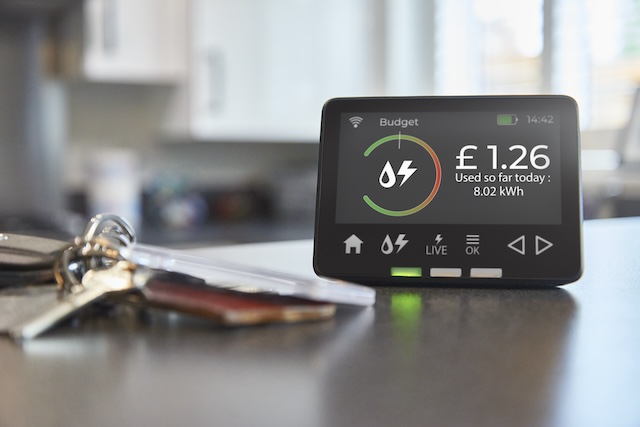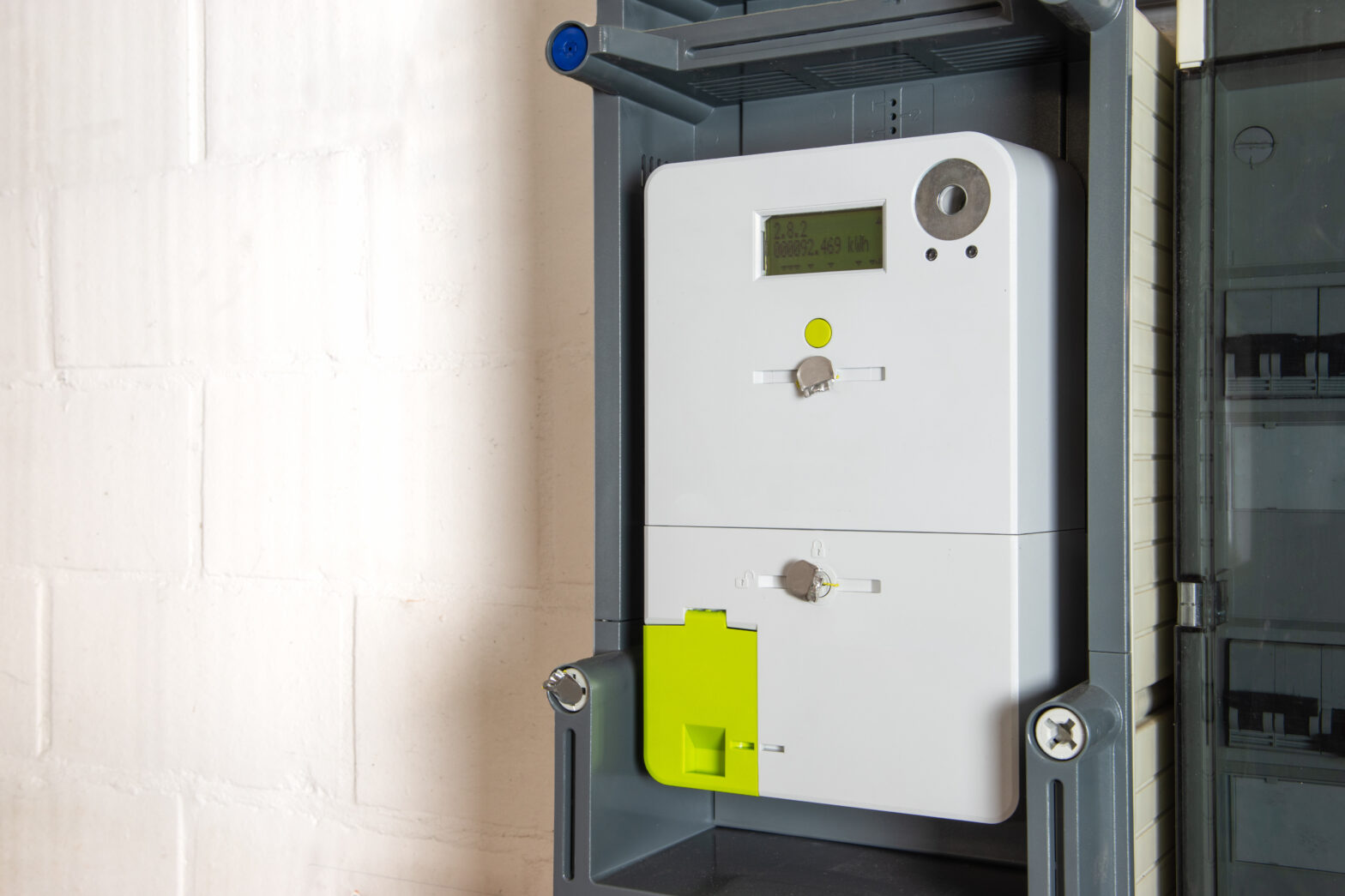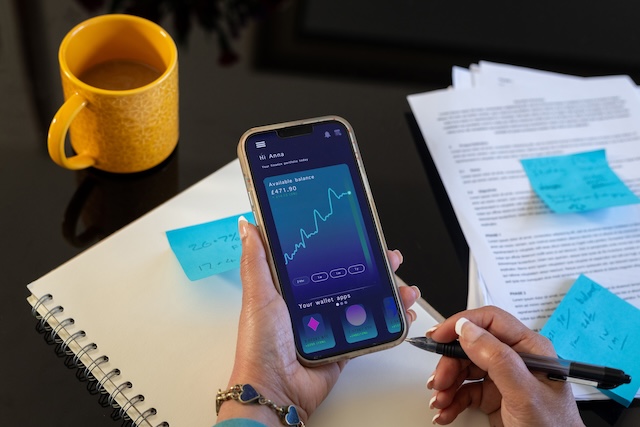The smart energy system isn’t just a way of cutting down on the need for engineers to take meter readings; it’s also part of a process that is transforming the energy sector. Energy consumers are gradually moving from passive receivers of quarterly bills to active players in the fight against waste.
This is happening, according to experts, because they are being handed more information about their energy use and, in many cases, also the power to do something about it.
With all eyes on November’s COP29 in Baku, we’ve taken a look back at Energy UK’s panel at COP26 in 2021 and how smart meters have changed energy use since then.
Global awareness
The smart meter rollout, and the opportunities associated with it, was discussed by a group of leading industry thinkers at COP26 Glasgow in 2021; a meeting hosted by Daisy Cross, head of the smart energy programme at Energy UK.
On the panel, Dan Brooke, chief executive at Smart Energy GB, said smart meters were creating an energy system that is “more flexible, (and) more dynamic”. He compared it with the development of satnav systems that provide up-to-date information on journeys, as opposed to the historic use of maps.
Most smart meters come with in home displays (IHDs), giving users near real-time data about their energy consumption and equipping them with the tools to adapt to more energy efficient living. This could be by switching activity to off-peak periods or by generally cutting down on intensive usage patterns.
Research taken by USwitch found that, between 2019 and 2023, the number of smart meters installed in the UK more than doubled, with nearly 1,800,000 non-domestic (businesses and public sector buildings) smart meters now installed.
Better efficiency with smart meters
Engineers whose job it is to balance the energy system have also benefitted from smart meters: “A satnav gets me to meetings in the quickest, most efficient way. Data from smart meters helps engineers get energy around the system with the greatest efficiency,” said Brooke.
It’s a concept that excites many energy users, but, Brooke acknowledges, mainstream users are playing catch-up when it comes to concepts such as ‘time of use tariffs’ – which refers to the different price of energy at different times of the day. With time of use tariffs, energy is more likely to be cheaper when fewer people are using it, or when more renewable energy is being generated. These optional tariffs mean that using appliances during particularly sunny or windy days or during the night could cost you less.
While the smart meter rollout has continued steadily, figures are still behind the government’s 2025 target of installing one in every home and premises in the UK, with only 60 per cent of homes currently using them.
Smart meters and smart technology
Innovation in the space is pushing technology to consumers that’s easy to understand and to deploy. Soon, said Brooke in 2021, electrical vehicle drivers will be able to set charging rules via their smartphones, giving them the power they need at the lowest possible tariff.
“When energy is at its most expensive, you’ll be able to draw electricity from your car, which is basically a big battery on wheels.”
For this to become a reality, people need to get used to utilising their energy information to take an action. Research from Uswitch found that over 86 per cent of smart meters successfully sent energy data to the supplier, meaning that collecting this information has not been a roadblock for improving efficiency.
Jason Stevens, principal consultant at Engage Consulting, agreed with the role that IHDs play in bring people closer to their energy data, and during the COP26 discussion he said this will result in greater decision-making opportunities down the line, as well as more convenient pre-payment and remote top-ups.
Understanding smart energy
Not only will humans understand more about energy, but so will machines. Steve Cunningham, chief executive of Geo, an energy technology provider, said: “There are already some white goods and thermostats that talk to smart meters to control things like heating and power, avoiding peaks and cutting carbon emissions.”
>See also: Driving energy transformation with smart utilities
He admits that the industry is only beginning this journey, but believes “interesting products” and use cases such as these will bring more consumers on board. Taking the satnav analogy a step further, he said it will be like going from maps, to GPS, to autonomous vehicles.
“Over the next couple of years, we’ll see a real evolution of capability in these products to deliver seamless benefit to customers. That’s the key step: visibility,” he said.
Andy Manning, head of energy systems at Citizens Advice, said this ability to “flex” power consumption will provide “real value” to consumers. He pointed out that generation companies make revenue by providing extra capacity to the grid at peak times and suggested it’s possible to “move that value to consumers”.
The panel were unified on the potential, but also on the importance of consumer understanding. In a 2023 survey from USwitch, over 63 per cent of respondents said that they weren’t interested in getting a smart meter, with over 40 per cent of those saying they “just didn’t want one”. This suggests that the messaging around smart meters needs improvement in order to better consumer understanding about the benefits.
How do smart meters actually benefit consumers?
The Demand Flexibility Service in Winter 2022/23 and 2023/24 has already given choice back to customers. Through this scheme, consumers could opt to reduce their energy usage at peak times. Between November and December 2023, homes and businesses saved enough energy to power 7.5 million homes for an hour. It helps at a time of year when energy demand is high, taking pressure off supply, with consumers and businesses standing to save some cash.
Energy users can play their part, by researching the opportunities that appear in coming years, by adopting energy saving technology like smart meters and practices, and by engaging with the growing opportunity to build knowledge, control costs and protect the environment.
For more information about the benefits of installing a smart meter in your workplace, visit the Smart Energy GB at smartenergygb.org
This article is part of a paid-for information campaign for Smart Energy GB.
See also: How to conduct an effective energy audit as a small business – Step-by-step guide to help you turn insights into actions straight away.





